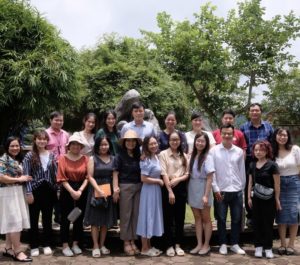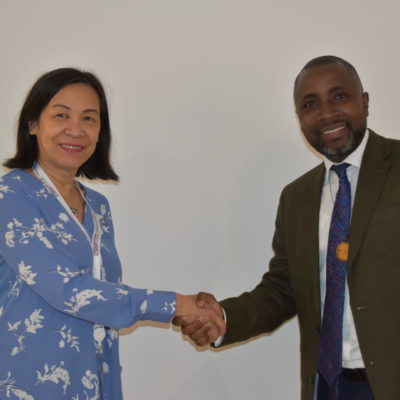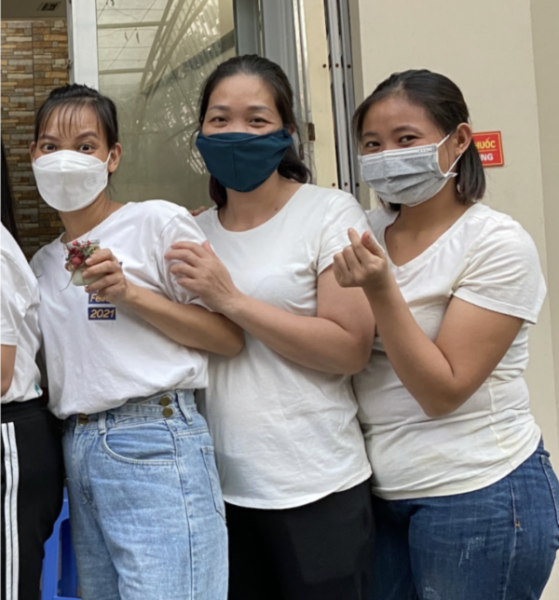Sophie* was encouraged in her twenties by her own mother to work in China because of the promise of earning a better salary. Her mom had migrated from Vietnam to China as a teen, and suggested that her daughter should make the same journey. Coming from a poor family in northern Vietnam, Sophie was excited because her own mother would guide her in an unofficial border crossing to an unfamiliar country.
Sophie made a successful passing, but the situation was difficult when she arrived. Her mom forced her into exploitative jobs and kept all her earnings. She’d been trafficked by her own mother.
Her only choice required courage: escape and return to Vietnam. But misfortune struck again. Sophie was kidnapped at the border by unknown men and sold as a bride to a family in China. She was threatened and sexually abused by her husband. It was three years before a nonprofit organization helped her escape and return home. She was pregnant with the child of the man whom she was forced to marry in China. Without resources to stand on her own, she decided to put her child into adoption.
The story of Sophie is just one of the thousands of women trafficked to China and sold as brides. Bride trafficking is driven by a gender imbalance in China. It is estimated that there are 30 million more men than women in China, triggering the search for brides in neighboring countries. A 2018 report published by the Vietnamese National Committee on Crime and Prevention Control revealed that from 2012 to 2017, law enforcement agencies rescued about 1,250 forced marriage victims annually, mostly from ethnic minority backgrounds.
Free the Slaves is working in Vitenam with HopeBox to provide renewed hope for women like Sophie. They can rebuild confidence and the ability to provide for their families by gaining employable skills.
“I believe that we must firmly punish human trafficking crimes while also educating people, particularly in ethnic minority communities, about human trafficking so that they can prevent and deal with the situation,” Sophie says. “The government could train social workers, or set up student groups in schools to educate their friends about human trafficking.”

Sophie in candle-making training at HopeBox. | Photo by Romcy Madronio
The HopeBox program helps some beneficiaries to attend technical sessions that will equip them to be highly employable in the hospitality and food industry. Others in the program study business creation, where beneficiaries who choose to start a business learn skills in kitchen operations and inventory management.
“I may not have the most perfect life, but it is certainly the best life I have had since I was trafficked to China,” Sophie says. “The moment I was rescued was the happiest moment of my life because I felt like I was really treated as a human with the love of the community and my friends.”
* A pseudonym has been used to protect Sophie’s identity.
Romcy Madronio is the Free the Slaves regional manager for Southeast Asia.



